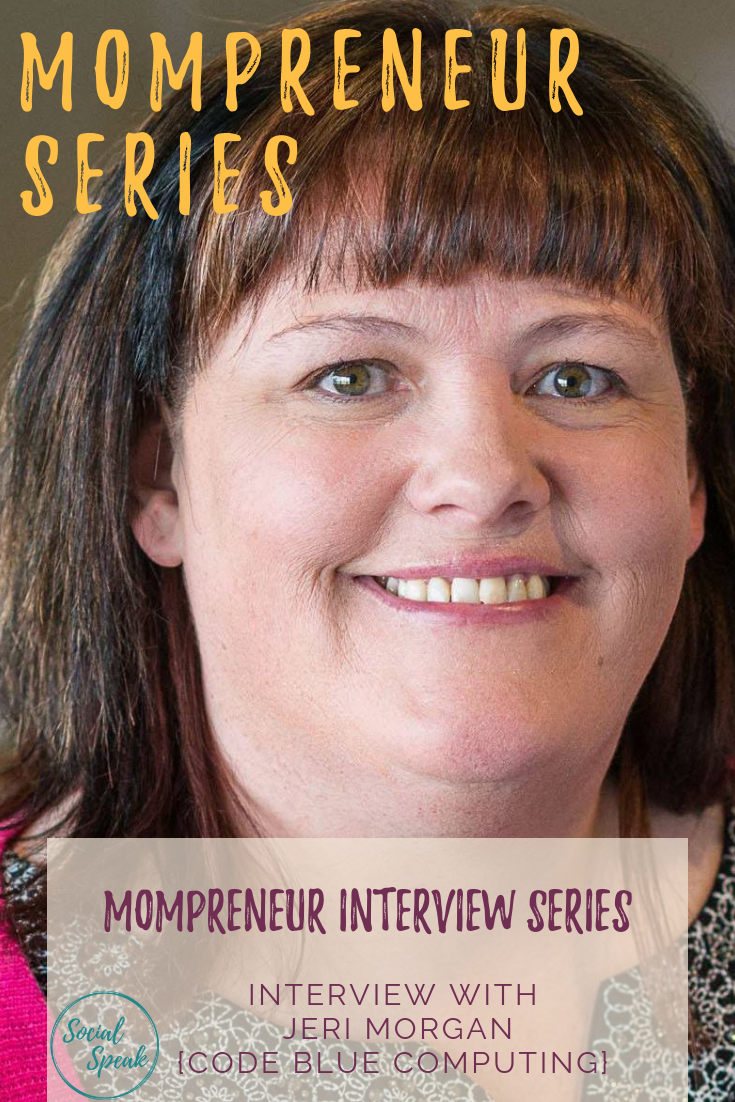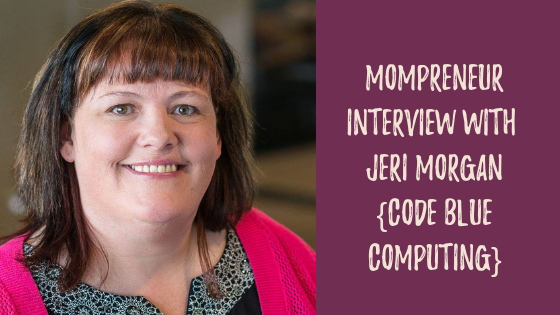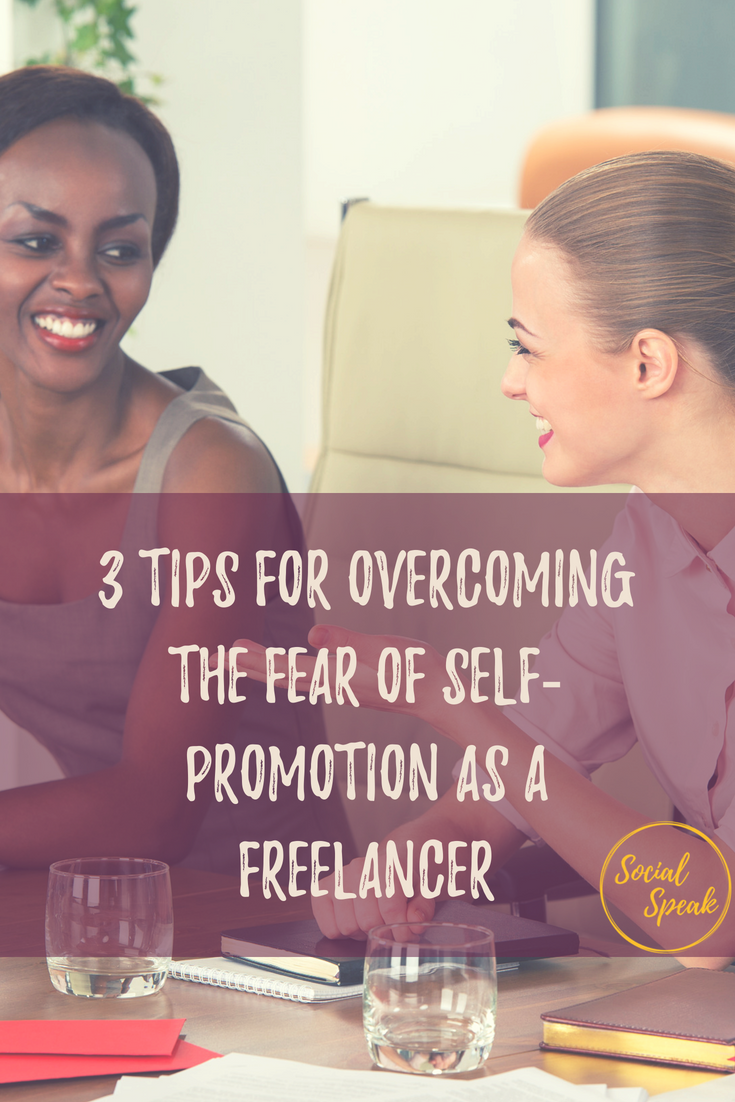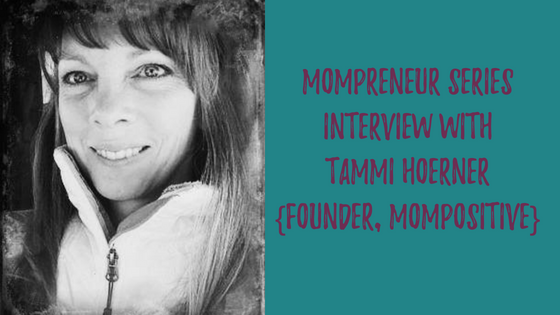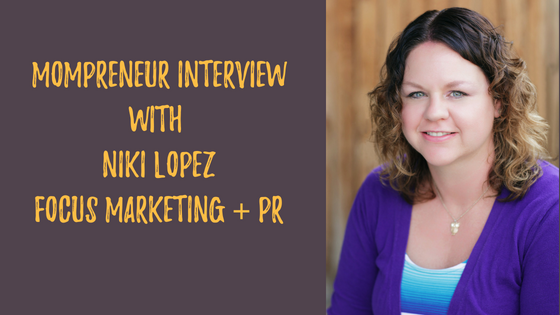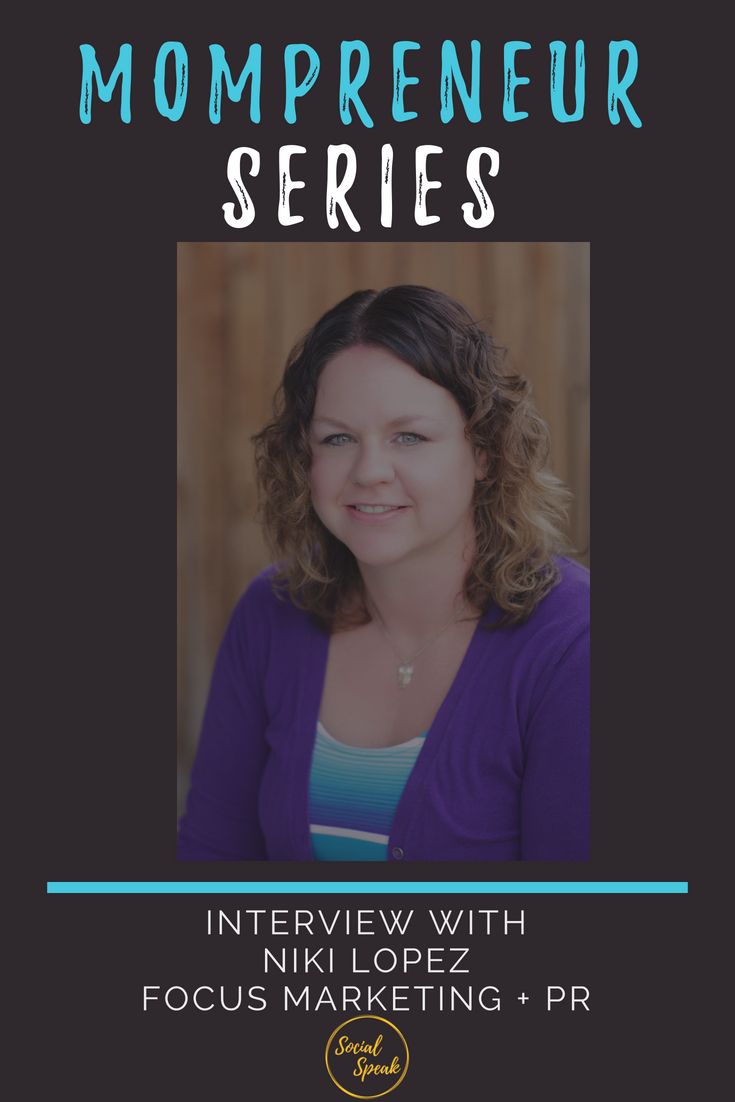Have you been thinking about starting a freelancing business or going into business with a partner?
Being your own boss is an exciting and frightening feeling. It is something you want so bad and yet are afraid to chase that dream or leave your comfort zone.
I think at some point every person dreams of owning their own business, making money doing something they love to do.
Unfortunately, very few actually take that leap of faith and follow their passion and dreams.
In today’s world with this awesome tool called the internet, we truly can create a freelance business and work from anywhere.
For example, I am writing this blog from a beach by my house in Florida! 🙂
In this blog we will be covering:
- Our Story of How We Became Partners
- How to Know if Having a Partner is Right for You
- Tips for Running a Successful Freelance Business with a Partner
Our Story

I remember when I started my business, I had set out to do my own thing, my own way and I was committed to making it work!
The day I started my business I already had 6 clients who had signed up for my services, so I was already making the same monthly income I was making at my corporate job!
See, the backstory on that is I told my husband (boyfriend at the time) when I left corporate to give me 6 months to replace my corporate income or I would go back!
The fact I was able to do that right away gave me even more drive and desire!
When I started my business I had offered a couple different services, social media management, networking, virtual assistant help and for a couple of my higher-end clients, I went to their office a couple days a week to help get them organized and some assistant work.
Things were moving and shaking.
I had my business for almost three years before I met Caitlin. We worked at a Marketing Firm in Northern Colorado together. We managed about 5-10 accounts for this company and really worked well together.
After a few months we had found out that owner was embezzling money from some of the clients, so we both left.
Caitlin and I both knew we liked each other and thought we should explore more about what we each do. We grabbed coffee one day and 4 hours later we had figured out that we could really complement each other.
My business had been successful for the first three years and I knew it would continue to grow if Caitlin and I could work together. We could really take our businesses to the next level, and help all sorts of businesses with their digital marketing.
Caitlin had a different skill set than me and vice versa. We both had been managing digital marketing from two different angles.
I worked on social media management and she worked on analytics and AdWords, so we really complemented each other.
We each had our own businesses with our own clients that would benefit from each other’s skills and services.
We decided to work together, we thought it would be best to keep our own businesses but incorporate each other’s services by offering them to our own clients. Just to test the water, we wanted to make sure we would really work well together before we said: “I do, want to be your business partner.”
This worked extremely well, we were each bringing in more clients and happy with the results they were getting.
We worked together for over a year when we hired our second intern. It had started to get a little confusing for our intern trying to keep track of what clients were Caitlin’s, what clients were mine and which were ours together!
We really had to work on our systems at this point!
The TALK
We had a long talk about how we both managed our own businesses, what systems we had in place, price points, income, how we each managed our own clients and where we needed help, etc.
There were a few things we would both have to adjust if we joined forces, but we were both committed to doing so.
My grandmother was a CFP and owned three H&R Blocks in Michigan for over 25 years, so we had a conversation with her about moving forward with becoming partners and combining our businesses.
Our question was “how do we partner and join forces and what is the best way to do this?”.
I have to be honest, my grandmother was not very excited about the thought of us being “Business Partners.” She had told us that almost every business tax return she had done with partnerships never ended well.
They couldn’t agree on finances, roles, services, prices, or one would think they were doing more work than the other, lack of communication, the list went on.
We both knew that by working together we would be able to reach new goals and grow our business.
We both have exceptional work ethics. Our core values are in alignment. We compliment each other nicely.
A few things needed to happen before we moved forward, the biggest thing was roles!
Roles in the Business:
– Who was going to manage the money
– Accounts Payable and Receivable
– Sales
– Marketing of our own business
– Client Interaction
– Managing our Interns
– Day to day tasks
We both were able to express what our goals were, where we wanted to be, how we wanted to grow the business. We both were able to play off of our strengths and weaknesses.
We had written out what each of our responsibilities would be and what our expectations were for each other. This helped set the foundation for our successful business. We got those uneasy conversations out in the open first thing.
Still, to this day we have our own roles and have had very clear conversations about money and expectations.
Long story short, we decided to go for it and we created Boundless Internet Marketing Solutions (The BIMS Team). We both kept our own LLC’s and formed an S-Corp together. We decided that any client that had to do with marketing would go through The BIMS Team. We also agreed if we had a client or project that was outside the scope of BIMS we could run it through our own LLC as long as we communicated. This included side projects like I made soaps and sold them for fun, Caitlin refinished furniture and has an online store where she sells apparel.
 How to know if Partnership is Right for You
How to know if Partnership is Right for You
I have always loved the idea of co-creating. I also know I am a control freak and like things done my way! As much as I like things to go my way and have the control I also knew that I could learn a lot from Caitlin. We could really go far with our business together.
Teamwork+Trust = Success
I liked the idea of shared responsibilities, someone to hold me accountable, someone to bounce ideas off of and feedback on projects.
I think before you decide to have a business partner you need to have a self-talk.
Really understand the type of person you are and who you want to be. You have to be honest with yourself and understand the areas where you can grow and change your ways.
You also have to be ok with taking direction or constructive criticism from someone else.
For example, there are times where Caitlin has an idea to change a system or process that we have had in place and I usually have resistance towards that change. She talks me through the new process and how it is going to help us, I let my guard down and allow the change to take place.
9 out of 10 times it works out for the better!
Just remember it is ok for things to grow, adjust and change. I have to remind myself that this is why we started our own business to have that freedom and flexibility.
Having a partner in a freelance business can really be a powerful tool. Time to time, I think where would I be in my business if I didn’t meet Caitlin, or if we didn’t join forces. I know for a fact that I wouldn’t be the person I am today if we hadn’t joined forces.
I am a type of person that LOVES my comfort zone! Caitlin helps me grow and pushes me. (In a good way)
It has been a great journey so far learning from each other, and for each of us to allow another to grow in their our own ways. To also collaborate on new business goals and techniques. You can set yourself up for personal and business success with a partner.
This past year, we both took the ‘What’s Your WHY?’ test and that was a huge eye-opener for us. You have to trust each other and know that both of your end goals is the same. You may both take different roads to complete a task or project, but as long as neither one of you are hurting the business or brand, allow each other to flow.
Tips for Running a Successful Freelance Business with a Partner
Like I said above, having a partner is a great idea if both of your personalities mesh together and you can work well together. Ove the past 7 years of running a successful freelance business with a business partner where everything is 50/50. I have learned a few things about having a business partner.
Here are 10 Tips for you:
1.Have a Successful History Together Before Forming the Company
It is important to form a relationship/friendship outside of work, this piece can be tricky. You want to find that right balance, of friendship and work relationship. You want to feel comfortable with this person. Someone you can go grab a beer with or call if you need something. You have to be yourself!
2. Agree on a Vision
In the beginning “Talk” you need to both express your vision for what each of you is thinking for the company. Outline a one-year plan, three-year plan, five-year plan, and long-term plan.
Where do you both see yourself in ten years?
Is your vision the same?
Are you both wanting to serve the same target market?
Are your both looking to grow the business with the same idea of services or programs?
3. Have the Hard Talks About Money
Make sure to keep your communication open about money. This is the key to run your business and grow. If you both are not on the same page you need to talk about it. How do you both feel about money? What is your worth? How should you charge for services? Where is there flexibility with pricing and working with clients?
Will you have monthly contracts with your clients, do they pay weekly, or monthly? How will they Pay? Credit Card, Check, PayPal, Stripe, Cash?
Then, once you are both in agreement about how you are going to charge your clients and collect money. Then you need to have the conversation about how do you pay each other. Are you going to have paydays?
At the beginning of our business journey together, we would split the money as soon as someone paid, so if we had a $500 client pay that day we would each make $250. This was fine when it was just us two.
We hired interns early on to help with certain tasks, so then we started having business expenses. We needed to figure out how we were going to pay our interns or contractors. We pay them on the 1st and 15th and then we decided it would be better if we set dates to pay each other. So, we pay each other the 1st and 3rd Friday each month. We adjust if needed.
This put another system/process in place for our business.
4. Decide the Roles
Figuring out the roles and expectations of each other will help things run more smoothly. Now, there are two of you so it is a good idea to split the business responsibilities.
I suggest to sit down and write out a list of every task there is to running your business. Write it down on a daily, weekly, monthly basis. I mentioned these roles before:
– Who was going to manage the money – Accounts receivable and accounts payable
– Bills and expenses – who is in charge of making sure those are paid?
– Sales – are you both bringing in new clients? Do you each have a goal or minimum of new clients you want to bring in each month?
– Marketing for your business – who is doing the blogging, videos, social media, networking, digital marketing, etc.
– Client Interaction – are you both going to have the client interaction or is all communication going through one person? Do you figure out who interacts with them based on who brought them to the business?
– Managing Interns or Contractors- Who is in charge of finding help? How much will you pay them? How will you pay them? What are your expectations or requirements for each intern or contractor?
Once you have your list written down, you can then both go through it and pick the tasks you want to manage. The ones that neither of you is passionate about, see if you can hire those out. Work smarter not harder.
5. Understand Each Other’s Commitment
Core values come into play here. When you understand where your core values are at then you can understand each other’s commitment level for the business. What is each of your commitment to the business, clients and each other?
6. Identify Each Other’s Strengths and Weaknesses
This is why you are even thinking of having a partner because they most likely do something that you don’t. Outline each of your strengths and weaknesses, this is something you may have jotted down during your own self-talk section. What areas in your business do you excel at and where are the areas that you may not pay as much attention or areas that are more weak for you or you are not as passionate about. Each of you needs to do this. You should both have different strengths and weaknesses. If you both have very similar strengths and weaknesses, you might want to reevaluate that partnership. Will you be able to push each other and compliment each other?
7. Compatible Styles
Now, that you both have discussed your core values and outlines each of your strengths and weaknesses, it is time to make sure you are compatible. Where your weaknesses are should be your partners’ strengths, and where their weaknesses are should be your strengths.
Being compatible can go deeper than just running the business.
For example, Partner #1 works 12-14 hours a day, has no kids and is always trying to get new clients to get the business up and running to bring her vision into play. Is very driven and doesn’t like to be told what to do.
Partner #2 has a family and needs to find that work/life balance, has a busy schedule with hobbies or child activities and may work more in the evening than during the day.
This could be a problem for some people, this is where those upspoken expectations come into play. As long as each of you is able to get the work was done and you can communicate during hours that work for each of you, then you are compatible.
You need to have common ground and communicate about schedules and family life. We have found that having a task-driven company works better, there are days where I may only work 3-5 hours a day and then there are days where I am working 12-14 hours a day and same with Caitlin.
We can’t track each others hours and hold that over each other’s heads but have those roles and tasks clearly outlines so you both know what is expected from you each day.
Another thing to talk about with your business partner is their “psychographic” styles. In a nutshell, what is their personality like, values, attitudes, interests and lifestyles?
8. Figure Out How to Grow the Business
Go back to number 2 – What is your vision? If you both have the same or at least a similar end-goal then what are the steps you both need to take to reach that goal? Set monthly and annual goals for the business. Revisit that one-year, three-year, and five-year plans.
9. Have a Plan for Success
You have set your goals which is great and now you need to create your plan. If you both want to make over six figures a year, what does that look like? How many clients or projects do you need to have each year to reach that level of success? What does success look like for each of you? Is it happy clients? Six-figure income? Make sure you are both on the same page.
10.Have an Exit Strategy
The last thing – put an exit strategy in place. This is something that just protects each of you and again outlines those expectations.
If either of you chooses to part-ways, what does that look like? Sometimes things just don’t work out. Maybe one of you got a new opportunity or decides to go in a different direction. Maybe deciding to start a family and chooses not to work at this time.
You need to have a clear outline. Is there a buy-out process? Do you measure how many clients each of you brought to the company? Can you just walk away and let your partner continue?
This is another hard talk to have, but it is important to discuss an exit strategy so you don’t burn bridges with your partner or clients.
We covered a lot on this blog and you may need a little time to really think about if having a business partner is right for you. If you discuss these steps we outlined you both are on your way to success!
Are you ready to grow your freelance business?
We invite you to sign-up for our start and grow a freelance business!
Interested in learning more? Take a look at the following articles:
Importance of Having a Schedule
How to track your goals
Cost-Effective Ways to Market Your Local Business Online

